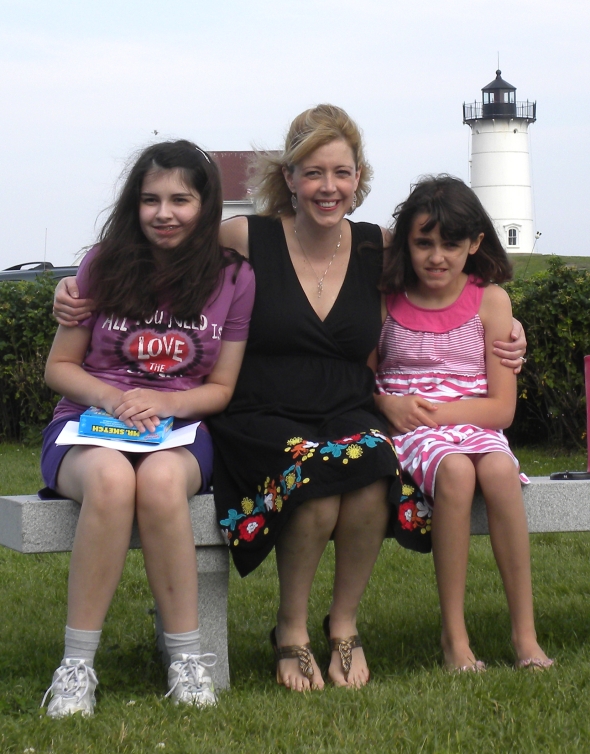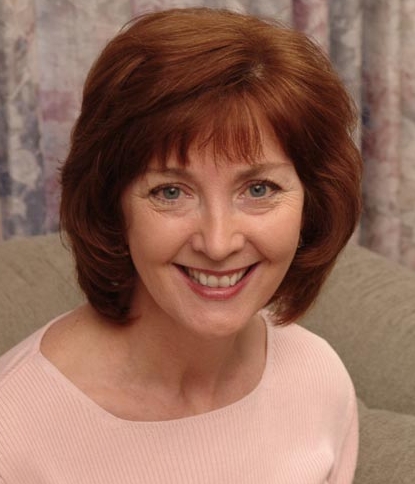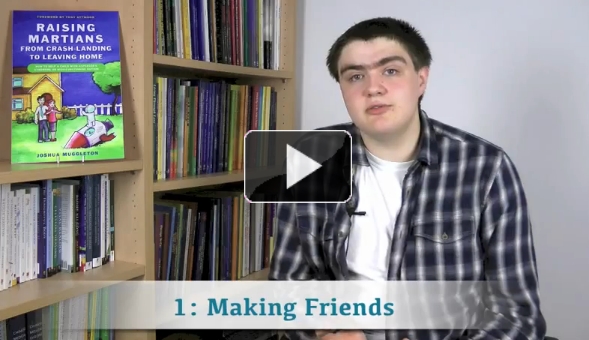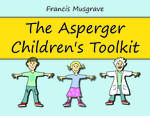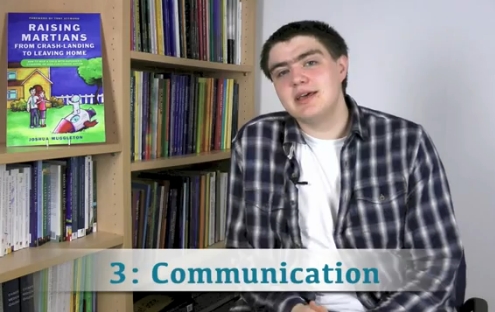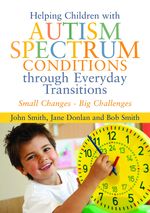Parenting Girls on the Autism Spectrum – An Interview with Eileen Riley-Hall
“Having daughters on the spectrum has made me a better parent. I really think about my parenting, and I understand that my role is to help my girls develop into the best people they can be. It is not about me, and what I want for them. It cannot be about ego, and I think that is a valuable lesson that parents of children with special needs learn early on, but one that all parents need to learn.”
